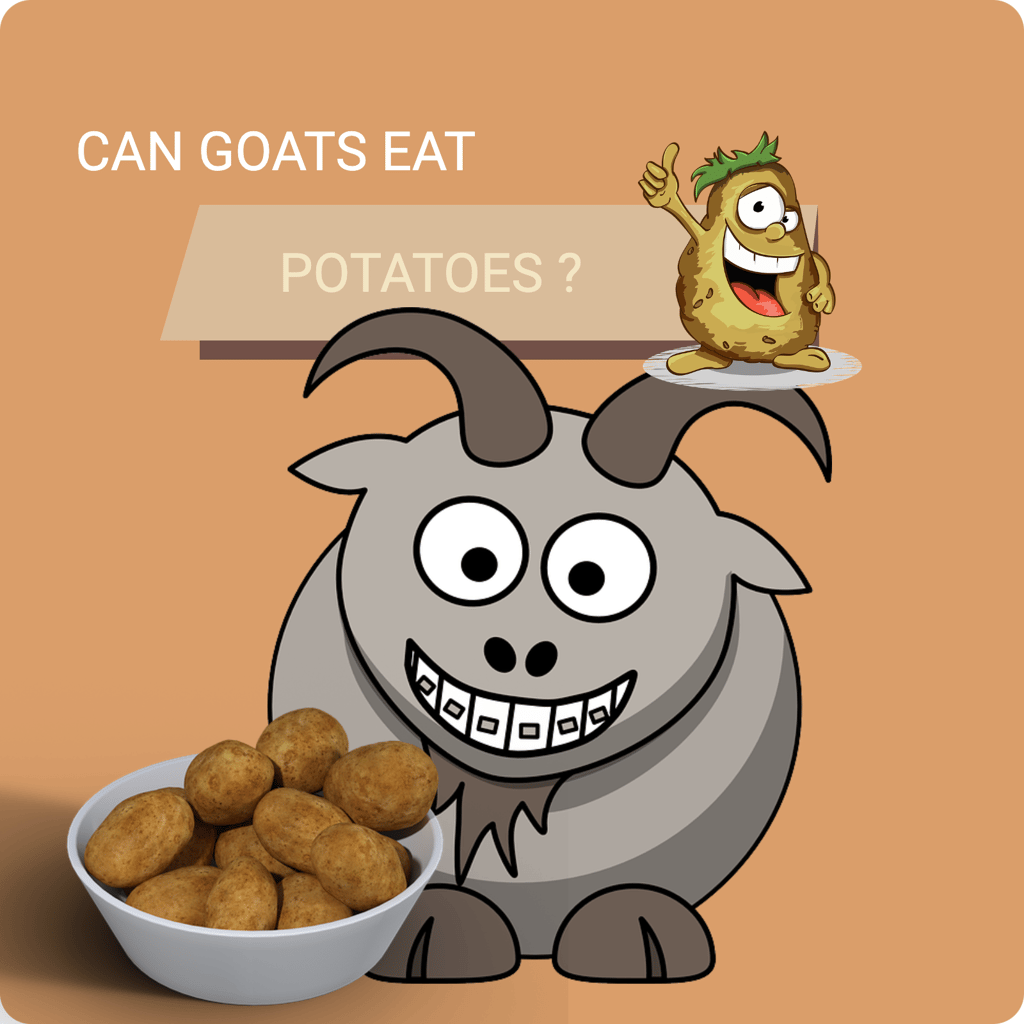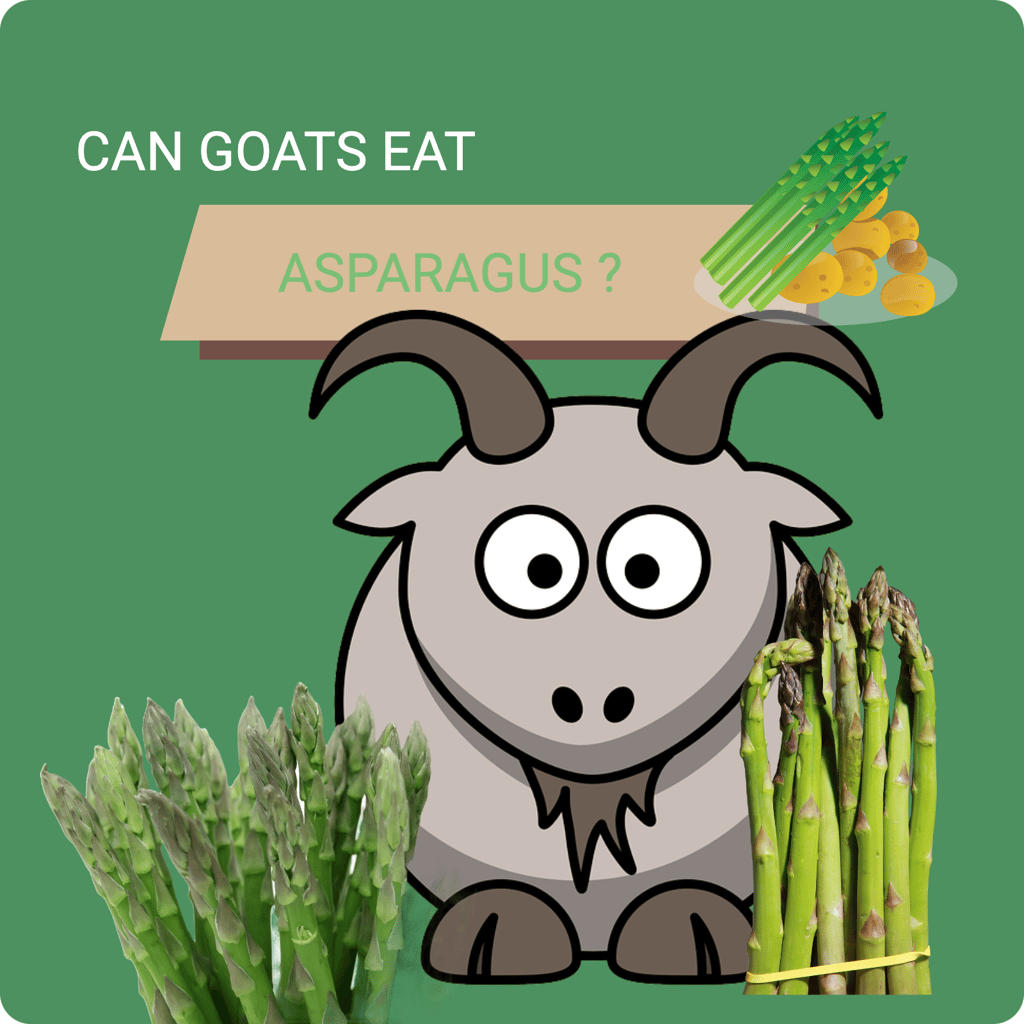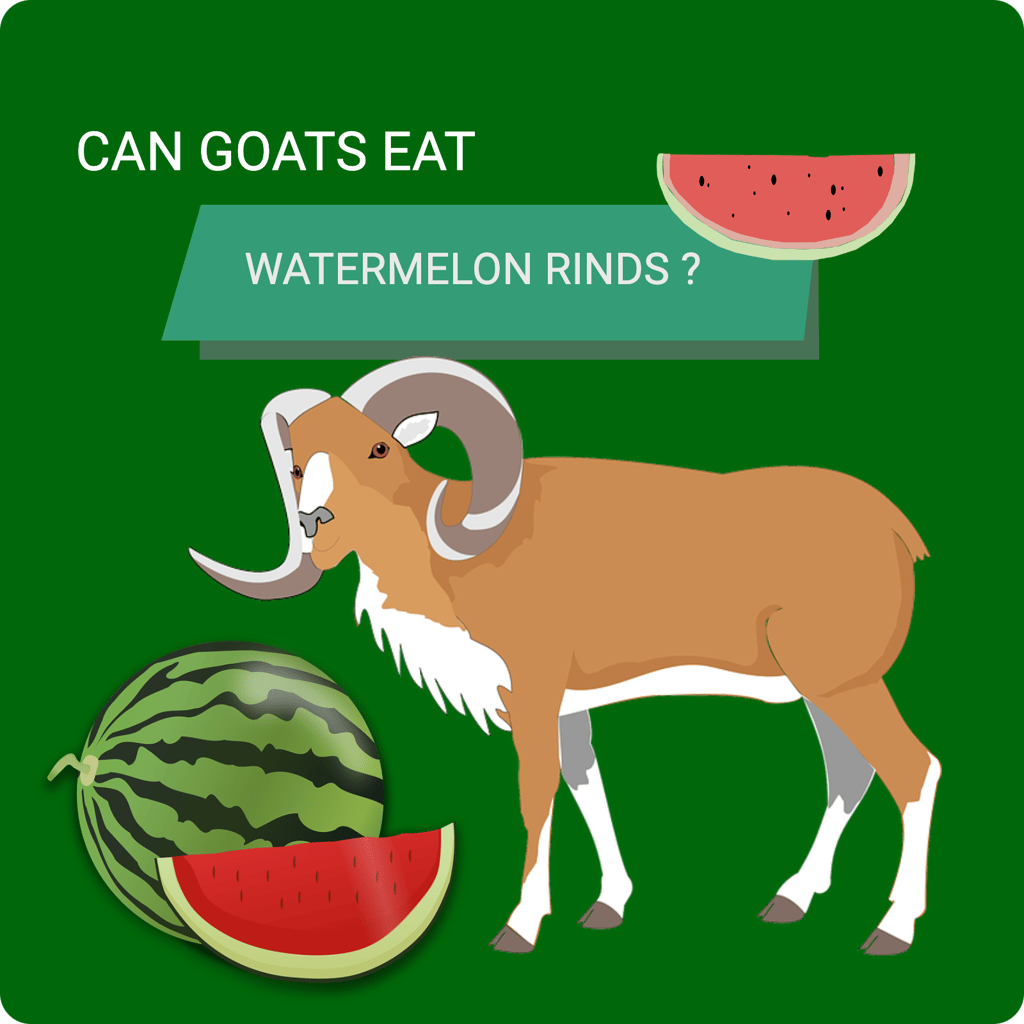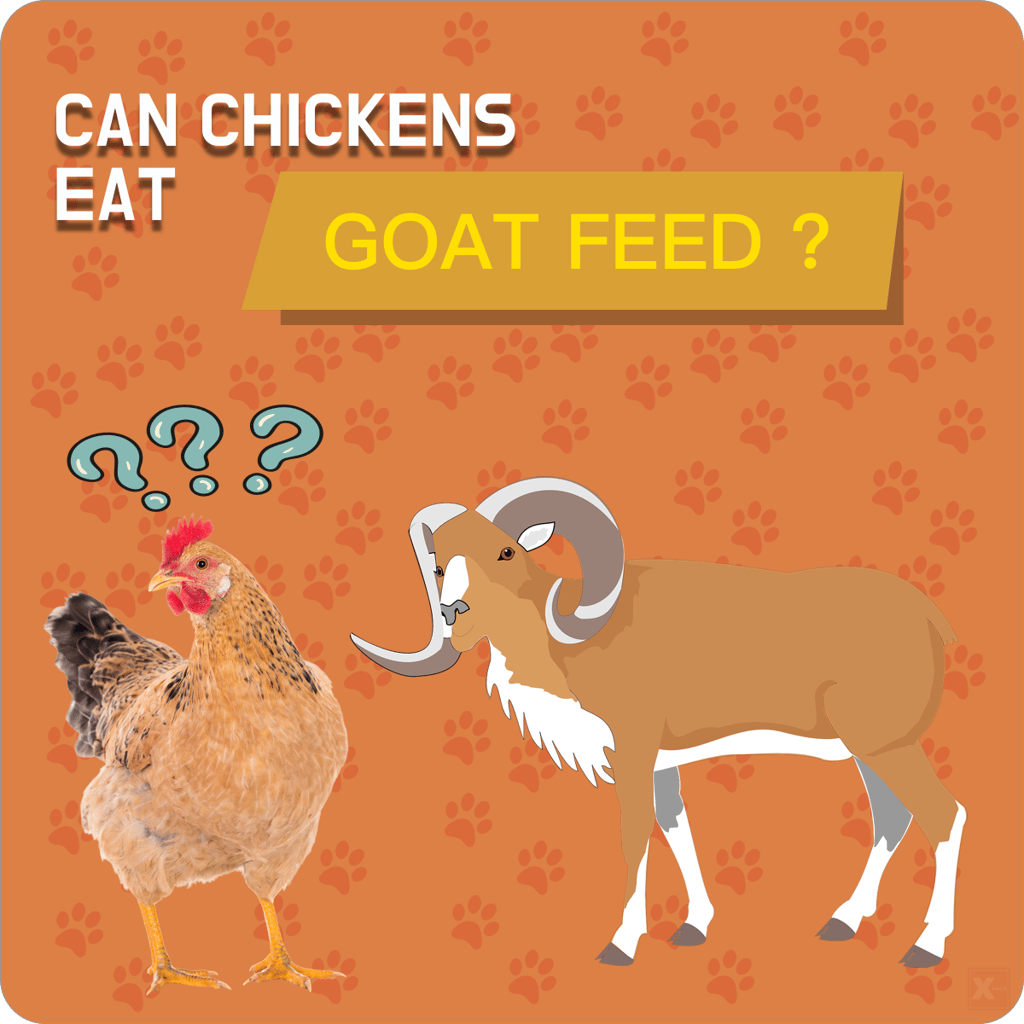Goats have unique dietary needs, and it's important to provide them with a balanced and safe diet. When it comes to potatoes, the answer is no, you can't do that. While goats are known to be natural foragers, potatoes can pose potential risks to their health. It's crucial to understand the reasons behind this restriction and explore suitable alternatives to keep goats healthy and happy.
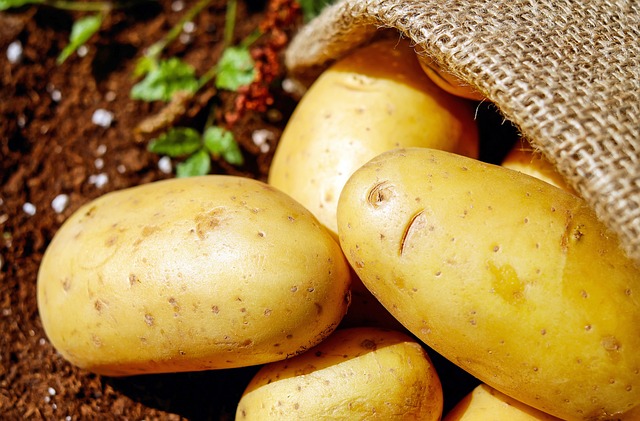
Introduction to Goats' Diet
When it comes to raising goats, understanding their dietary needs is crucial for their overall health and well-being. Goats are known as ruminant animals, possessing a unique digestive system that allows them to extract nutrients from various plant materials. While they are excellent foragers and can consume a wide range of vegetation, it is essential to provide them with a balanced diet to meet their nutritional requirements.
Goats primarily graze on grass, leaves, shrubs, and other vegetation found in their natural environment. They have a highly efficient digestive system that allows them to break down fibrous materials through a process called rumination. This process involves regurgitation and rechewing of food to aid in proper digestion.
| Feeding Guidelines for Goats: |
|---|
| 1. Provide access to good quality pasture or hay. |
| 2. Supplement with a balanced goat feed to ensure proper nutrition. |
| 3. Offer fresh water at all times. |
| 4. Introduce minerals and supplements as per their specific requirements. |
It is important to note that while goats are generally not picky eaters, there are certain foods that may be harmful or toxic to them. One such food item that goat owners often inquire about is potatoes.
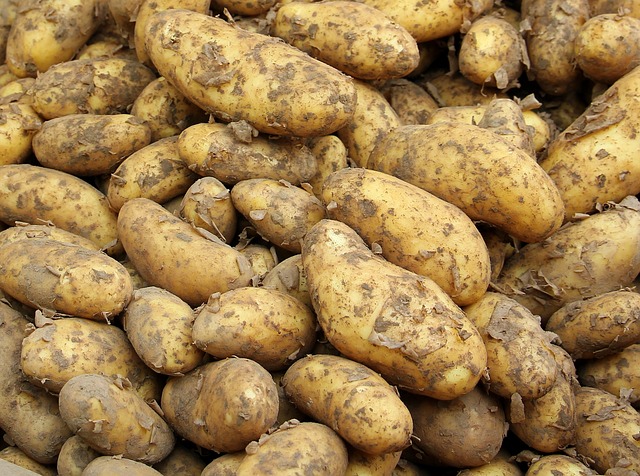
Understanding Goats' Digestive System
Before exploring whether goats can eat potatoes, it's important to understand their digestive system. Goats are ruminant animals, meaning they have a unique digestive process that allows them to extract maximum nutrition from fibrous plant material.
A goat's stomach consists of four compartments: the rumen, reticulum, omasum, and abomasum. It is in the rumen where most of the digestion and fermentation take place. In this large fermentation vat, microbes break down fibrous materials such as grass, hay, and leaves.
The digestion of fibrous material produces volatile fatty acids, which serve as the primary energy source for the goat. These fatty acids are then absorbed through the rumen wall and provide nourishment for the goat's body.
However, goats have a sensitive digestive system that can be negatively affected by certain foods. Some foods are harder to digest or may contain toxins that pose a risk to goats' overall health. This leads us to the question of whether goats can safely consume potatoes.
| Digestive System Component | Function |
|---|---|
| Rumen | Main site of fermentation and breakdown of fibrous material |
| Reticulum | Helps with the regurgitation and remastication of food |
| Omasum | Absorbs water and certain nutrients from partially digested material |
| Abomasum | Functions like a true stomach, further breaking down food and aiding in the digestion of proteins |
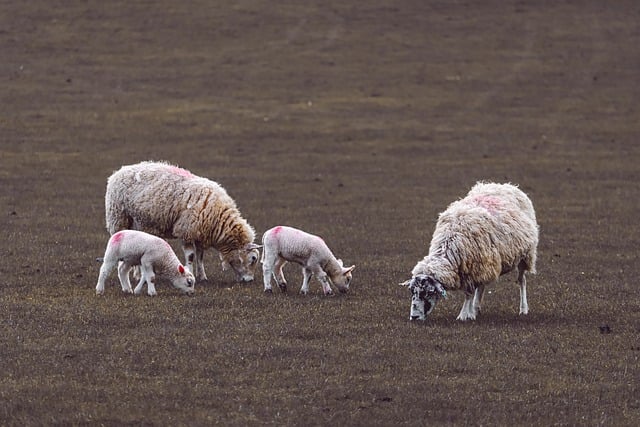
Safe and Healthy Foods for Goats
When it comes to feeding your goats, it's essential to provide them with a balanced and nutritious diet. While goats are known to be ruminant animals capable of digesting a wide variety of plants, there are certain foods that are safe and healthy for them to consume. Here is a list of some recommended foods for goats:
| Food | Description |
|---|---|
| Fresh Hay | High-quality hay should be the primary component of a goat's diet. It provides essential roughage and fiber. |
| Grasses and Forages | Goats can graze on a variety of grasses and forages, such as Bermuda grass, clover, alfalfa, and more. |
| Leafy Greens | Goats can enjoy leafy greens like kale, spinach, lettuce, and dandelion greens in moderation. |
| Vegetables | Goats can eat a range of vegetables, including carrots, cabbage, broccoli, and celery. Be sure to introduce new vegetables gradually. |
| Fruits | Goats can have fruits as treats, including apples, pears, bananas, and watermelon. Remove seeds and pits before feeding. |
| Mineral Supplements | Providing goats with mineral supplements is crucial for their overall health and to prevent deficiencies. Consult with a veterinarian for the appropriate supplements. |
Remember that while introducing new foods to your goats' diet, it's important to do it gradually to avoid digestive issues. Also, ensure that their diet is well-balanced and suitable for their specific age, breed, and health conditions. If in doubt or considering any major diet changes, always consult with a veterinarian for expert advice.
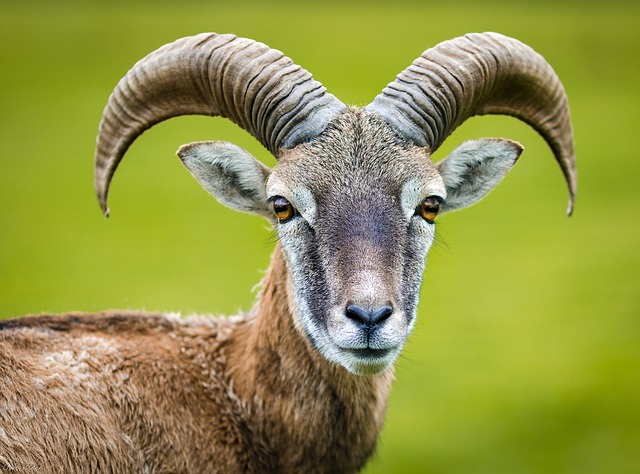
The Potential Risks of Feeding Potatoes to Goats
While goats can consume a variety of plants, it's important to be cautious about their diet. Although potatoes might seem like a convenient and accessible feed option, they can pose potential risks to goats. Here's what you need to know:
| Risk | Explanation |
|---|---|
| High Starch Content | Potatoes are starchy vegetables that can be difficult for goats to digest properly. Excessive consumption of high-starch foods like potatoes can lead to digestive issues in goats such as bloating and diarrhea. |
| Toxic Compounds | When potatoes are exposed to sunlight or start sprouting, they produce a toxic compound called solanine. This compound is harmful to goats and can lead to poisoning if consumed in large amounts. |
| Mineral Imbalance | Potatoes are low in crucial minerals like copper and selenium, which are essential for a goat's overall health. Feeding potatoes as a significant part of their diet may lead to mineral imbalances and deficiencies. |
To ensure the well-being of your goats, it is recommended to limit or avoid feeding them potatoes altogether. Instead, prioritize a balanced diet consisting of hay, grass, and other goat-specific feeds that meet their nutritional requirements. If you suspect your goats have ingested potatoes or are showing signs of potato toxicity, it is crucial to consult a veterinarian immediately for proper diagnosis and treatment.
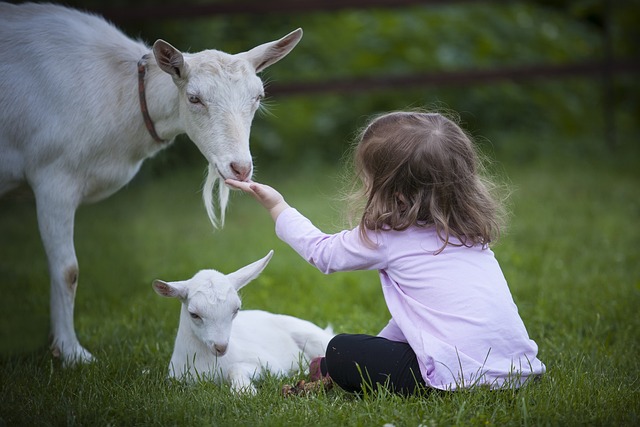
Signs of Potato Toxicity in Goats
While goats can consume a variety of foods, it's essential to understand that certain foods can be toxic to them. Potatoes fall into this category. Feeding potatoes to goats should be avoided as they can pose significant health risks. Here are some signs that indicate a goat may be experiencing potato toxicity:
| Signs of Potato Toxicity in Goats | |
|---|---|
| 1. Diarrhea: | Goats experiencing potato toxicity may develop diarrhea, which can be watery and frequent. This change in bowel movements is an indication that their digestive system is being negatively affected. |
| 2. Abdominal Pain: | If a goat has consumed potatoes and is experiencing toxicity, it may show signs of abdominal pain. This can be observed through restlessness, frequent lying down and standing up, or stretching repeatedly. |
| 3. Nausea and Vomiting: | Goats may exhibit signs of nausea if they have ingested toxic amounts of potatoes. Symptoms may include excessive drooling, repeated swallowing, and regurgitation of food. |
| 4. Lethargy and Weakness: | When goats consume potatoes and suffer from toxicity, they may become increasingly lethargic and weak. They may show a lack of interest in their surroundings, have difficulty moving, or appear fatigued. |
| 5. Changes in Urination: | Potato toxicity can impact a goat's urinary system, leading to changes in urination patterns. This may include decreased urine production, dark-colored urine, or even blood in the urine in severe cases. |
If you notice any of these signs in your goat after it has consumed potatoes, it's important to seek veterinary assistance immediately. Prompt medical attention can help mitigate potential complications and ensure the well-being of your goat.
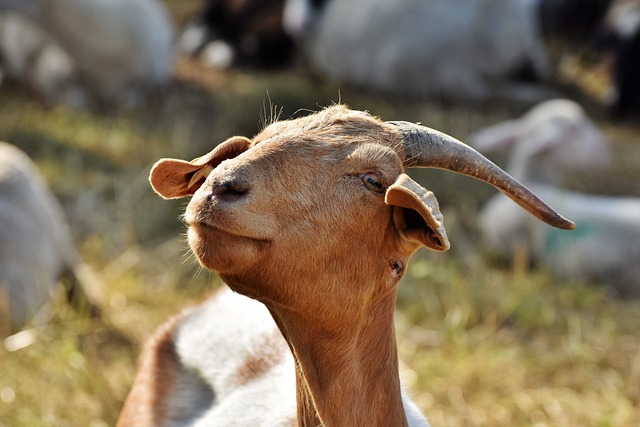
Alternatives to Potatoes for Goats
When it comes to caring for goats, understanding their dietary needs is crucial. Goats are ruminant animals and have a unique digestive system that allows them to efficiently process certain types of food. While they are known as browsers and prefer to graze on pasture, they can also consume a variety of plants and vegetation.
The digestive system of goats is designed to process fibrous plant materials. They have a four-chambered stomach that aids in the breakdown of complex carbohydrates found in their diet. This allows them to extract the necessary nutrients and energy from the food they consume.
When it comes to feeding goats, it's important to provide them with a balanced and nutritious diet. Suitable foods for goats include high-quality hay, fresh grass, shrubs, and browse. Additionally, grains and commercial goat feed can be given in moderation, along with mineral supplements to ensure they meet their nutritional requirements.
Potatoes are part of the nightshade family and contain solanine, a natural toxic compound that can be harmful to goats if consumed in large quantities. While small amounts of cooked and peeled potatoes may not pose an immediate danger, it's important to exercise caution as the solanine levels can vary in different potato varieties and stages of maturity.
If goats consume excessive amounts of potatoes or potatoes that have turned green, they may exhibit signs of toxicity. Symptoms can include gastrointestinal upset, loss of appetite, diarrhea, weakness, and in severe cases, neurological issues. If you suspect your goats have ingested a toxic amount of potatoes, it is crucial to seek veterinary assistance immediately.
While potatoes should be avoided or given sparingly, there are several healthy alternatives that you can incorporate into your goats' diet. These include:
| Alternative Foods | Benefits |
|---|---|
| Leafy greens (kale, spinach) | Provide essential vitamins and minerals |
| Fruits (apples, pears) | Offer natural sugars and antioxidants |
| Carrots | Rich in vitamin A and a great crunchy snack |
| Pumpkin | A good source of fiber and promotes healthy digestion |
| Squash | High in nutrients and adds variety to their diet |
Remember, it is always best to consult with a veterinarian or a goat nutritionist to ensure you are providing your goats with a balanced and appropriate diet based on their specific needs.
Faqs
-
Can goats safely eat raw potatoes?
No, goats should not eat raw potatoes. Raw potatoes contain solanine, a toxic compound that can be harmful to goats if consumed in large quantities.
-
Are there any benefits to feeding cooked potatoes to goats?
Feeding cooked potatoes to goats can provide some nutritional value in terms of carbohydrates and energy. However, it is important to ensure that the potatoes are cooked thoroughly and not seasoned or mixed with harmful additives.
-
What are some alternative vegetables that goats can safely eat?
Goats can safely eat a variety of vegetables including carrots, squash, cucumbers, and leafy greens like spinach and kale. These vegetables offer essential nutrients and are generally safe for goats to consume in moderation.

